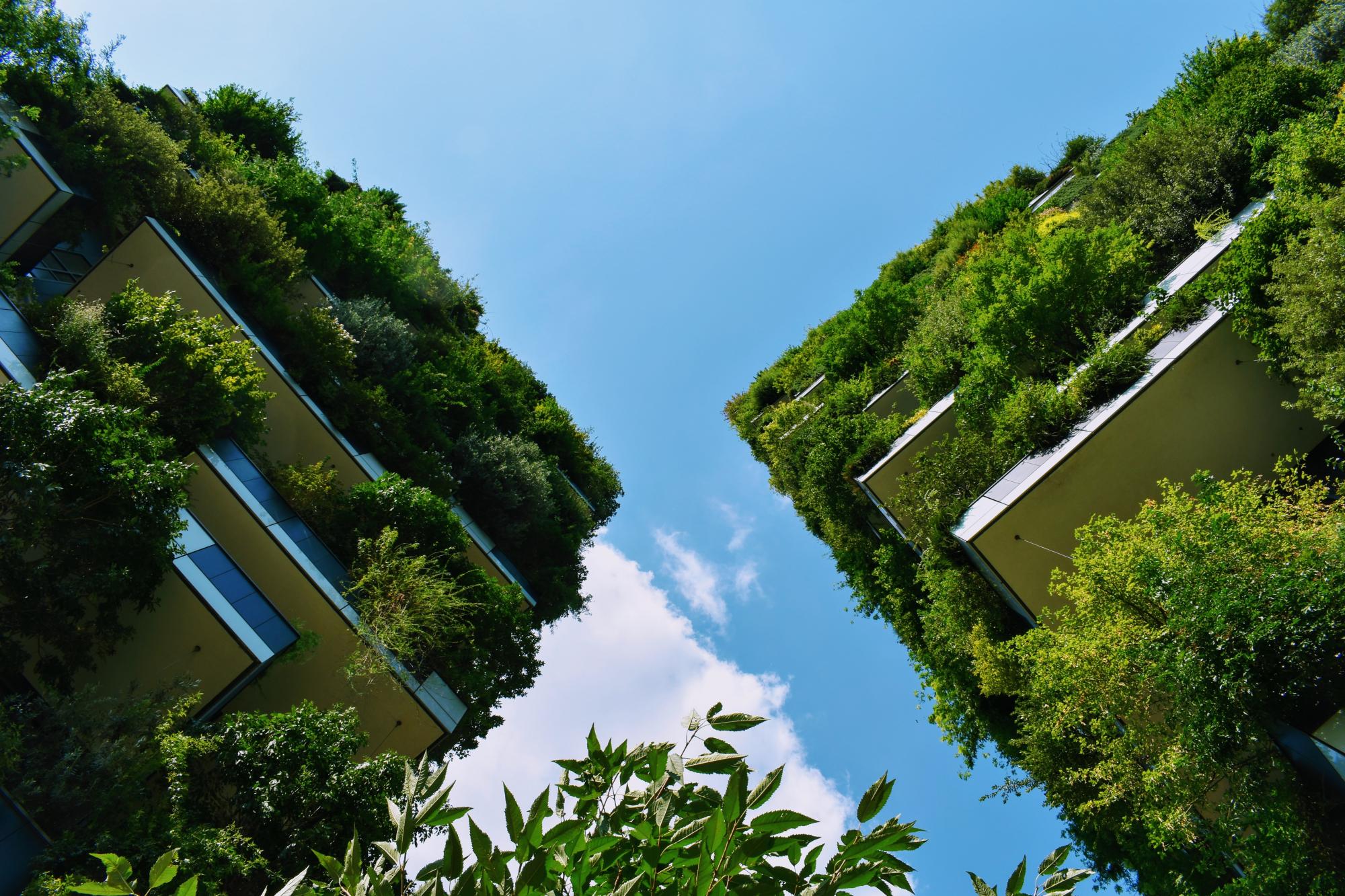A community gardening pilot project was launched in Lahore by the Institute for Art and Culture (IAC) as a part of its mission and outreach programme to develop sustainable communities. Created in 2020, the project was developed in the Government Girls High School located in the vicinity of IAC in the low-income Sher Shah Colony in Raiwind Road. Various other organisations, including Gardening for All, The Little Arts and Adventure Foundation Pakistan also provided support to the project (1,2,3). The project aimed to involve 70 students and 10 teachers from grades 7 to 10 via a series of workshops (3, 9) and provide hands-on training to the girls and their teachers (2). A trainer provided information on relevant topics in the workshops and also taught students of ideal and efficient planting practices (6). The representatives of IAC and Gardening for All selected the ideal space for carrying out the community garden project in the school playground (4). The total area of the community garden is not revealed but proper raised beds were created for students (2). The students participated in the development of the community garden and took care of their dedicated garden beds (3, 6). The representatives of IAC had a keen interest to ensure the long-term continuity of this project by providing appropriate training and involving the schools together with the communities they represent (3).
Overview
Nature-based solution
- Community gardens and allotments
- Community gardens
Key challenges
- Green space, habitats and biodiversity (SDG 15)
- Green space creation and/or management
- Inclusive and effective governance (SDG 16)
- Inclusive governance
- Social justice, cohesion and equity (SDG 10)
- Social cohesion
- Environmental education
- Sustainable consumption and production (SDG 12)
- Sustainable production
Focus
Project objectives
Implementation activities
Main beneficiaries
- Public sector institution (e.g. school or hospital)
- Non-government organisation/Civil Society
- Citizens or community groups
- Young people and children
Governance
Management set-up
- Led by non-government actors
Type of initiating organisation
- Public sector institution
- Non-government organisation/civil society
- Researchers/university
Participatory approaches/ community involvement
- Dissemination of information and education
- Consultation (e.g. workshop, surveys, community meetings, town halls)
- Joint implementation (e.g. tree planting)
- Co-management/Joint management
Details on the roles of the organisations involved in the project
Project implemented in response to ...
Financing
Total cost
Source(s) of funding
- Unknown
Type of funding
- Unknown
Non-financial contribution
- Provision of land
- Provision of labour
- Provision of expertise
- Citizens (e.g. volunteering)
- Other
Impacts and Monitoring
Environmental impacts
- Green space and habitat
- Increased green space area
- Increased number of species present
- Improved prevention or control of invasive alien species
- Enhanced support of pollination
Economic impacts
- Unknown
Socio-cultural impacts
- Social justice and cohesion
- Increased involvement of locals in the management of green spaces
- Increased sustainability of agriculture practices
- Education
- Increased awareness of NBS and their benefits
Type of reported impacts
Presence of formal monitoring system
Presence of indicators used in reporting
Presence of monitoring/ evaluation reports
Availability of a web-based monitoring tool
References
2. News Update Times. (2020). IAC initiated the Community Garden program for sustainable development. Available at: Source link (Accessed: February 12, 2023)
3. IAC. (2020). Community Garden at Government Girls High School, Sher Shah Colony. (Facebook). Available at: Source link (Accessed: February 12, 2023)
4. GGHS Sher Shah Colony Lahore. (2020). Training Session regarding Kitchen Gardening First Session. (Facebook). Available at: Source link (Accessed: February 12, 2023)
5. GGHS Sher Shah Colony Lahore. (2020). Training Session II. (Facebook). Available at: Source link (Accessed: February 12, 2023)
6. GGHS Sher Shah Colony Lahore. (2020). Soil Preparation and planting the seeds. (Facebook). Available at: Source link (Accessed: February 12, 2023)
7. GGHS Sher Shah Colony Lahore. (2020). Training Session III. (Facebook). Available at: Source link (Accessed: February 12, 2023)
8. GGHS Sher Shah Colony Lahore. (2020). Sight of Steady Efforts. (Facebook). Available at: Source link (Accessed: February 12, 2023)
9. GGHS Sher Shah Colony Lahore. (2020). (Facebook). Available at: Source link (Accessed: February 12, 2023)
10. GGHS Sher Shah Colony Lahore. (2020). Kitchen Gardening Session V. (Facebook). Available at: Source link (Accessed: February 12, 2023)
11. How to Culinary Herb Garden (2022), Mint Companion Plants: How To Attract Pollinators and Repel Pests with Mint, available at Source link (accessed 7-04-2023)










